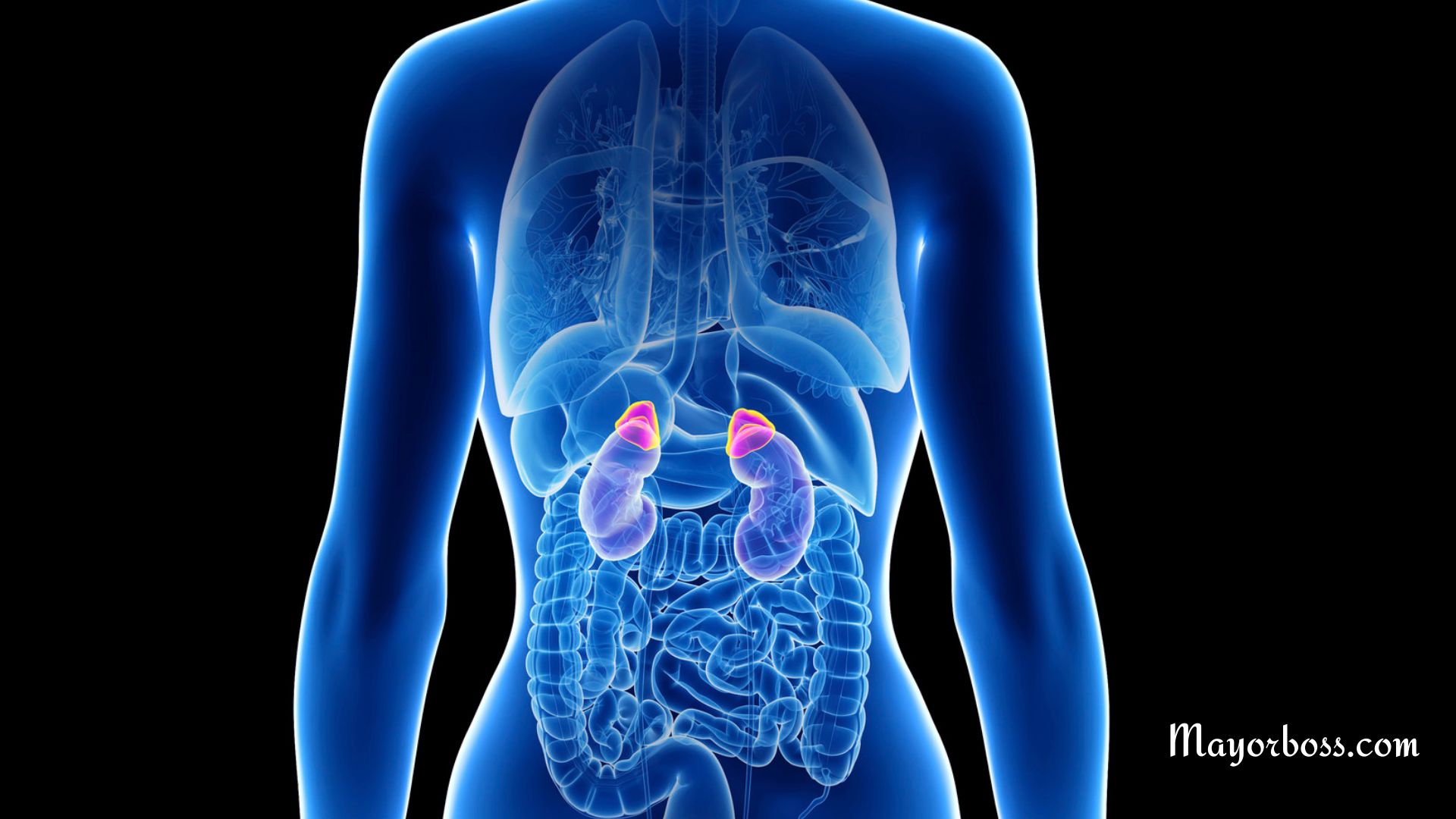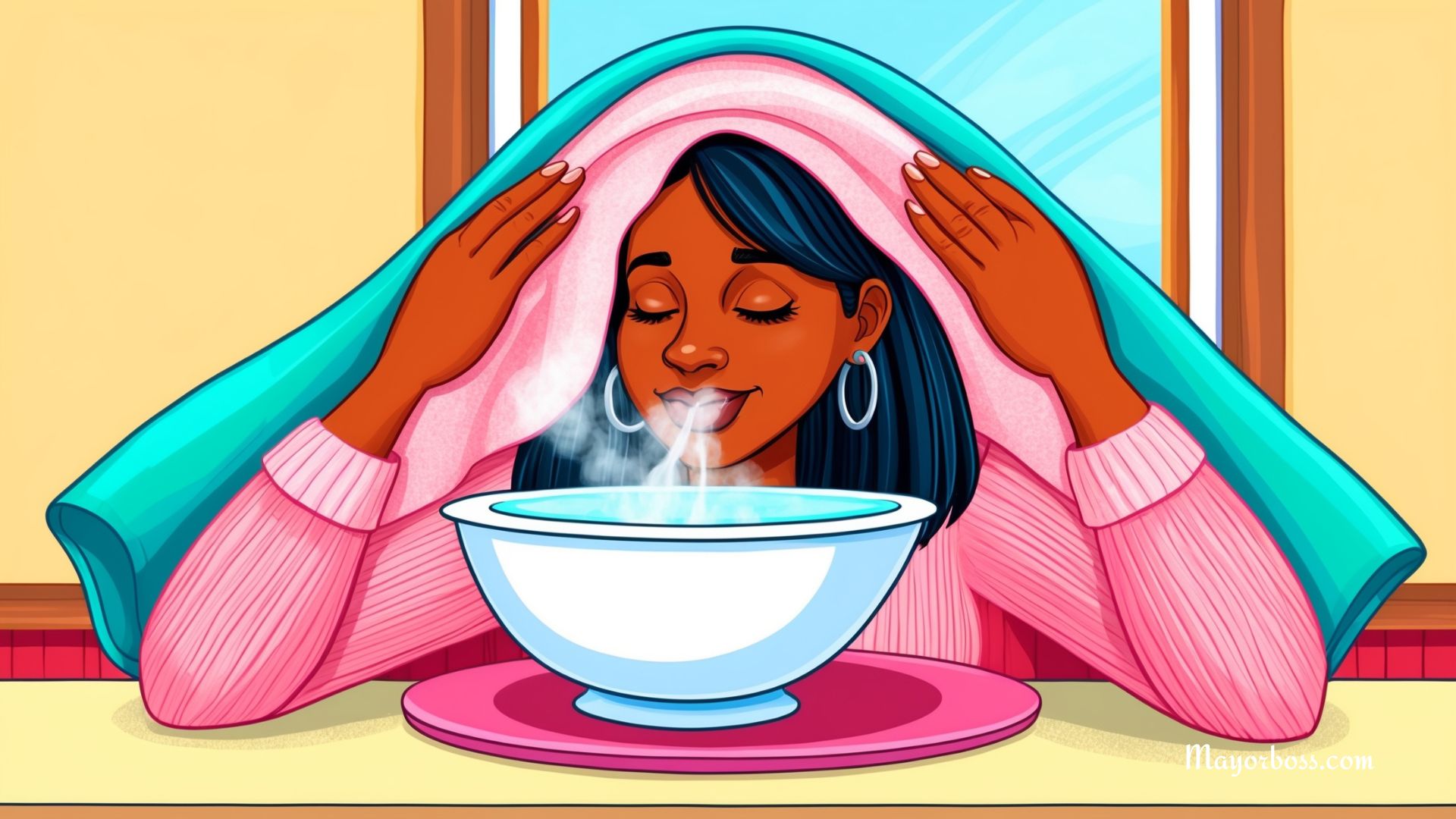5 Causes of a Burning Sensation in the Stomach
That uncomfortable burning in your stomach is an alarming feeling. Sometimes, it’s brief and harmless, but it can also signal a more serious underlying condition. If it becomes persistent, it’s always best to talk to your doctor. Here, we’ll delve into the common reasons behind the burning sensation, how to tell them apart, and what you might do to find relief.

1. Gastroesophageal Reflux Disease (GERD)
GERD is one of the most prevalent causes of a burning feeling in the stomach. It occurs when stomach acid persistently flows back up into the esophagus, the tube connecting your mouth and stomach. Here’s why that burns: Unlike your stomach lining, your esophagus does not have a protective mucosal layer to handle harsh stomach acids.
Telltale Signs:
- Recurring heartburn (a burning feeling in the chest)
- Regurgitation of food or a sour taste in the back of your throat
- Difficulty swallowing
- Persistent cough or hoarseness
Relief Options:
- Over-the-counter antacids: These medications neutralize stomach acid for quick relief.
- Lifestyle changes: Try limiting trigger foods like fatty or spicy dishes, citrus fruits, alcohol, and caffeine. Elevate your head when sleeping, and quit smoking if you do.
- Medications: If simple remedies don’t help, your doctor might prescribe stronger medications that lower acid production or enhance esophageal muscle function.
2. Gastritis
Gastritis describes the inflammation of the stomach lining. Its uncomfortable burning sensation stems from the compromised protective barrier within the stomach. Many things can potentially cause gastritis:
Telltale Signs:
- Gnawing, burning pain in the upper abdomen
- A feeling of fullness even after eating a small portion
- Nausea and sometimes vomiting
Relief Options
- Treat the Root Cause: For H. pylori-related gastritis, your doctor will likely prescribe antibiotics. Other forms require managing with medication depending on the specific cause.
- Dietary Choices: Opt for bland foods easily digested by the stomach, like rice, oatmeal, or steamed vegetables. Avoid caffeine, alcohol, and acidic foods during flares.
3. Peptic Ulcers
Peptic ulcers are open sores forming in the lining of your stomach or upper small intestine (duodenum). The bacterial culprit, Helicobacter pylori, is often to blame, as well as the long-term use of certain painkillers (NSAIDs).
Telltale Signs
- Burning stomach pain, especially when your stomach is empty
- A feeling of fullness or bloating
- Nausea with possible vomiting
- In severe cases, dark, tarry stools indicate bleeding within the ulcer.
Relief Options
- Antibiotics: For ulcers caused by H. pylori infection.
- Acid-Reducing Medications: Decrease acid production, promoting ulcer healing.
- In Serious Cases: Seek immediate medical attention if you experience symptoms of excessive bleeding.
4. Food Intolerances
When your body has trouble digesting specific foods, the uncomfortable aftermath can include a burning stomach. Lactose intolerance is a prime example, causing sugar in milk (lactose) to go undigested, leading to fermentation and a host of issues. It is important to differentiate food intolerances from allergies that evoke an immune system response.
Telltale Signs
- Burning sensation in the stomach usually after eating culprit foods
- Bloating, cramps, gas
- Diarrhea or changes in bowel patterns
Relief Options
- Identify Triggers: Keeping a food journal helps pinpoint problematic foods.
- Avoid Problem Foods: Once you know your triggers, limit or eliminate them.
- Over-the-Counter Enzyme Aids: For conditions like lactose intolerance, lactase enzymes taken before meals might help.
5. Irritable Bowel Syndrome (IBS)
Although primarily a disorder of the large intestine, IBS sometimes causes upper digestive symptoms like stomach discomfort and a burning feeling. IBS is an ongoing, long-term condition related to how the brain and gut work together.
Telltale Signs
- Abdominal pain or cramping associated with altered bowel habits (diarrhea, constipation, or both)
- Bloating and gas
- Discomfort might improve slightly after a bowel movement.
Relief Options
- Dietary Management: Certain dietary changes (Low FODMAP diet) along with avoiding common triggers.
- Stress Management: Techniques like relaxation therapy or cognitive-behavioral therapy.
- Medications: Your doctor might suggest medications depending on your main type of IBS and the symptoms you are experiencing.
Other Conditions Associated with a Burning Sensation in the Stomach
While the five we covered are highly common, consider these rarer but valid causes:
- Celiac Disease: A serious autoimmune condition stemming from sensitivity to gluten (a protein in wheat, barley, and rye), leading to intestinal damage. Burning pain occurs alongside bloating, diarrhea, and a host of uncomfortable symptoms.
- Medication Side Effects: Certain medications, especially long-term use of aspirin and other NSAIDs (ibuprofen, naproxen), can irritate the stomach lining. Consider alternative methods with a doctor’s advice if it’s related to your medication.
- Stomach Cancer: In rare instances, persistent, unexplainable burning might point to something serious. Though stomach cancer often has minimal symptoms early on, seek immediate diagnosis if you have severe indigestion, weight loss, or difficulty swallowing alongside the burning.
FAQs
1. Is a burning stomach sensation always serious?
Usually not. Often, the cause is something manageable like GERD or a temporary food reaction. However, if the burning becomes increasingly severe, lasts for several days, or pairs with alarming symptoms like bloody vomit or stools, it’s essential to consult a medical professional immediately.
2. When should I see a doctor?
Schedule an appointment with your doctor if:
- The burning persists for more than a few days
- You experience unintentional weight loss, difficulty swallowing, black stools, or signs of bleeding
- You are concerned about possible complications from existing medical conditions.
3. How can I prevent a burning sensation in my stomach?
Here are some preventive measures:
- Mindful Eating Habits: Eat smaller, frequent meals instead of large ones. Take time to chew your food thoroughly.
- Trigger Awareness: Keep track of foods or drinks that worsen your symptoms, and gradually try to avoid them.
- Healthy Lifestyle: Maintain a healthy weight, avoid smoking, and limit alcohol and caffeine intake.
- Stress Reduction: Practice relaxation techniques and find healthy ways to manage stress.






